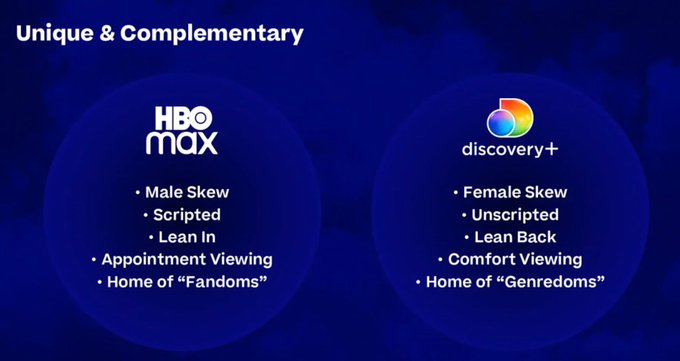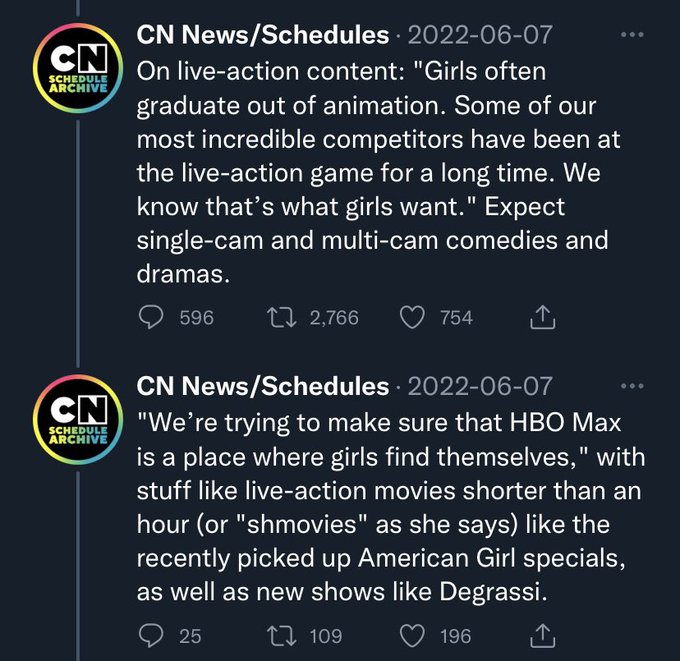1. I don't believe this...Governor Abbott of Texas sent several bus loads of migrant workers to NYC, which has neither the means nor space to house them.
Mayor Eric Adams is Furious After Governor Greg Abbott Bused Dozens of Migrants to NYCThese poor people. They were seeking asylum. And that asshole put them on a bus and sent them to a huge city where there's no room for him, while he lives in a huge state with a much smaller population.
2.
Niel Gaiman's Sandman is on this weekend on Netflix - at last! I'd been eagerly anticipating it. And it was taking forever - there was a point in which I wondered if it would ever get an air date. Netflix is frustratingly slow about airing things.
But I'm saving it for tomorrow. I'm a third of my way through my listen of Act II Sandman - Season of Mists. The Netflix series is focusing on Preludes and Nocturns, and Dollhouse.
I'm also re-reading the comics on comixcology. I borrowed them. I did own some of them back in the day - but I got rid of those ages ago.
It is horror, by the way. I mean I just listened to a section in which a living boy is stuck in a boarding school with the dead.
3. Ugh, I went on Twitter to hunt for something else (which I'll eventually find..) and ran into this insanity from the Warner/Discovery Merger.

If you can't see it - it states that men prefer HBO content, and women prefer Discovery.
I guess I must be male? And so are most of my female friends? And my male friends must be female?
And sigh this..

Uhm, I wonder if they realize that it is called the Cartoon Network not Lifetime Channel, not Hallmark and not the dumb situation comedy network? (Can we fire market research people? Bankrupt them? Send them to the Sahara desert or maybe just an Indian Reservation in Arizona - no, the Navajho do not deserve that - send them to Death Valley. Exiled until they give up their evil marketing ways.)
I hate situation comedies, reality shows, and most if not all the content on Discovery. I love animation, serials, scripted content, and longer films. Also you couldn't pay me enough to watch American Girl specials and Degrassi.
If they do this - I may have to cancel HBO, which is ultimately okay with me, because, it's expensive. Disappointing. But it will save me - $14.99 a month, so ...
Note to dumbass television content programmers and marketing people out there? We can live without you. It's possible.
And you might want to check out how many women went to the last comic con?
Ugh.
4. I asked Twitter if I want to know who Alex Jones is - they resoundingly told me that I do not and that they envied me for having no clue who he was. From the little that I saw? I agree with them.
5. Ah, found the thread that I'd been following yesterday and today on Book Twitter.
John Maher tweets about the Penguin Random House / Simone & Schuster Merger trialApparently the Federal Government didn't like the fact that Penguin decided to merge with Simon & Schuster, and is calling a halt to it under the Anti-Trust act. [ I'm interested because I almost ended up working for the Director of Contracts at Simon & Schuster in 1996, and interviewed at both Random House and Penguine in the 1990s, also knew people who worked at them. Sisinlaw's step-mother had an editor at Random House.]
It's a not-so-nice insightful look inside the publishing world. And a reminder that I'm very happy to not be embroiled in it. I'm not letting it stop me from writing, revising, and potentially self-publishing my own books some day.
Snippets from the tweets (which by the way are proof that the media is definitely camped out on Twitter - and it bodes well to be very careful on the bird app - too many frigging journalists hiding out on it. Crazy workplace has told us not to - under any circumstance - to tweet about work on it. Don't worry - I won't or not explicitly.)
( Read more... )Basically proof - that the devil is in the marketing. It truly is. The big houses have the money to launch marketing campaigns, the smaller ones, do not. And the books that get the marketing campaigns are the big ones, with the money.
I had an art teacher in college tell me that the difficulty with the art world was worst artists were good at business and marketing, while the better ones sucked at it. Nagel - excellent at marketing, Van Gough sucked at marketing. Same with writers - you don't have to be good to get published. Collen Hoover is horrid, but she is excellent at marketing herself. It's all about the branding, marketing, and selling. And knowing how to do it, and how to work the logarithm on social media marketing platforms.
I'm hoping the merger fails. I agree with Steven King, and the worried Jon Irving. It hurts us all, and only benefits the already rich assholes.
6. It's been a week. I'm glad it's over. For my trouble - I'm going to binge watch The Sandman on Netflix all weekend in air conditioning.
I might jump out for food. I might also clean the apartment. Laundry does need to be done at some point, I suppose. But there's no immediate rush.


